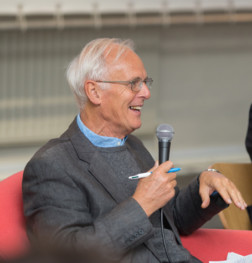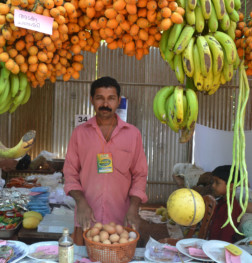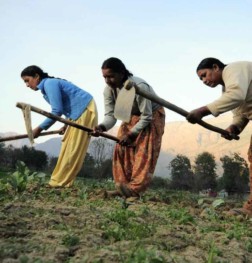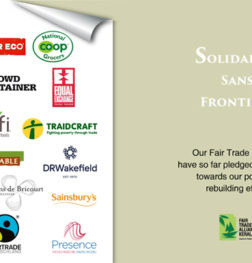
Harriet Lamb remembers Robin Murray
13 July 2018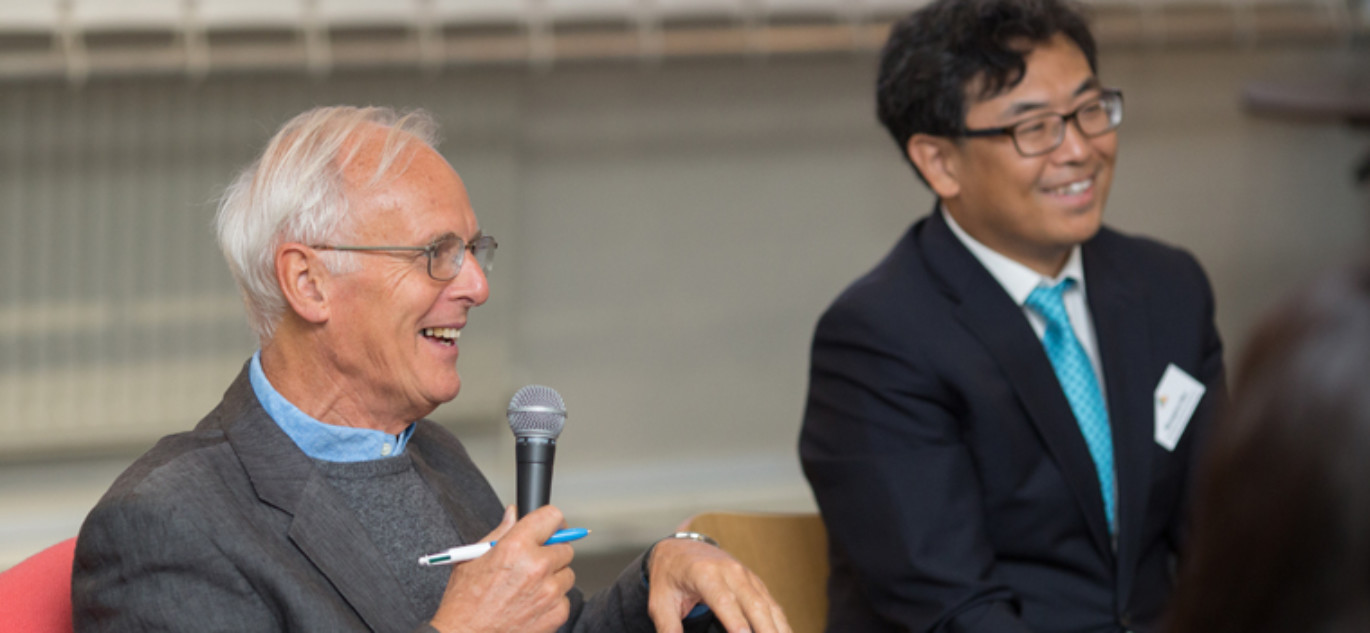
I was an extremely annoying MPhil student at Sussex’s Institute of Development Studies in Sussex in the early 1980s, constantly challenging the academics, questioning the point of their theories and complex analyses. I kept hearing about this elusive tutor Robin Murray who was away, advising the then leader of the Greater London Council, Ken Livingstone on the creation of an alternative economy. I was intrigued. And when Robin breezed into our classrooms, with his shock of hair and bright smile, I was immediately entranced. Here was a man with a brain the size of Britain, combined with charming humility and a talent for spinning witty yarns about his experiences about trying to create alternatives. All of us students – and plenty of fellow teachers – were so inspired by his energetic commitments to social justice. He was always ready to admit all that went wrong when they tried to put perfect policies into messy practice. And he was always inspiring others with the examples of those initiatives that did work.
One initiative Robin backed was Fairtrade. The early attempts were not too successful. He could make you cry with laughter about the rocking chairs they imported from the struggling revolutionary Nicaragua – which all arrived in pieces leaving poor volunteers to hammer them together in a North London basement, and which could never compete with the high street. Or the hairbrushes made of cactus spikes – which strangely didn’t sell too well. Or the containers of oranges they tried to import from socialist Mozambique, but which rotted in the port due to delays in customs procedures.
But none of these disasters deterred the early pioneers, determined to create a fairer way of conducting international trade. In the end, they created TWIN Trading and a family of Faritrade companies including Cafedirect, Divine, Liberation, Agrofair UK, who have gone on to prove that you can indeed combine commercial success with values of equity.
As I finished my MPhil, Robin generously gave me my first work researching the Cyprus economy, with an eye to alternatives to the mainstream market. I had no idea what I was doing, but Robin was always encouraging young people, always making you feel that you were good at what you did – which I realise now is absolutely down to his skill. Years later, I was campaigning for global rules to control multinational companies. So I met Robin in a run-down café near Old Street, long before it was trendy, to pick his brains. Robin listened carefully and shared his insights. And then he explained that he was coming at the problem from another angle; that in Fairtrade, people were trying to create a bubble within global trade, in which we could show that you can do trade differently – that you can put people first and still succeed. I can see him now, sitting at the grubby Formica table, cupping his hands into that bubble. That image stayed in my mind for years.
Until a job came up to see through the nascent and troubled Fairtrade banana! Fairtrade had proved that it could work in coffee, and the challenge was to apply that same logic to fresh fruit. Remembering Robin’s words, I took the job. And Fairtrade took over my life for 16 years. It was always complicated and messy and difficult. And it was always a pleasure, in all Fairtrade’s ups and downs, to meet with Robin, and chew the cud – because he always kept the right perspective on issues.
The last time I saw him, at a Fairtrade gathering, he was tanned and bubbling over about his recent exploits advising the Greek Government on how to stand up to the global financial institutions. It took him back to the days to Latin American resistance to the structural adjustment policies of the IMF and World Bank. I will miss Robin so very much, and I know how many others feel just the same.
